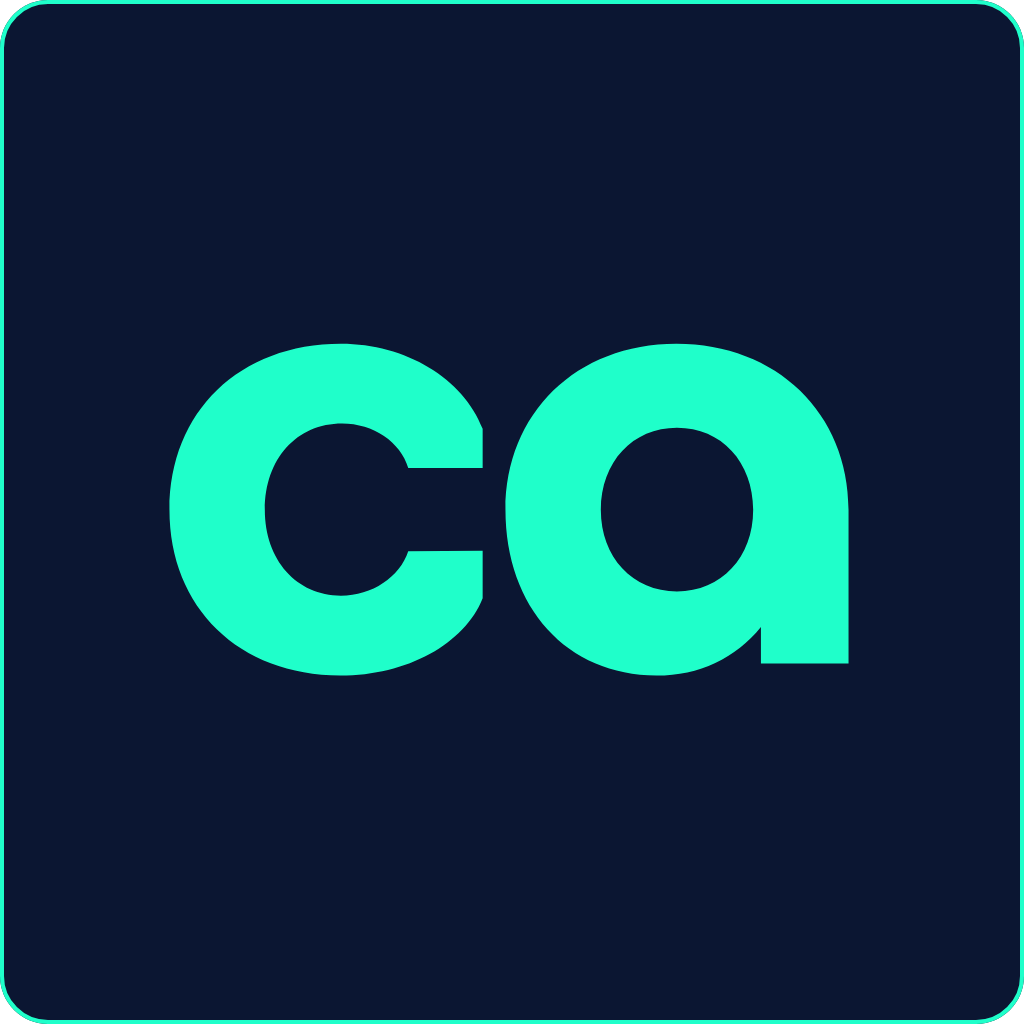At Causeartist, we love highlighting founders who turn lived experiences and community insights into solutions that change lives. Erik Olson, CEO of Dignity Made, has built a social enterprise tackling generational debt among coconut farmers in the Philippines.
What began as a single conversation with a farmer has grown into a thriving business that provides economic freedom, restores dignity, and protects vulnerable communities from exploitation.
There’s an ugly side to the coconut industry — one that traps farmers in extreme poverty, robs them of their land, and pushes families toward dangerous choices.
In the Philippines, home to 3.5 million coconut farmers, nearly 90% live below the poverty line.
Many of their children are malnourished, drop out of school by seventh grade, and drink unsafe water.
At the root of this crisis is predatory buyers force farmers into exploitative pricing and debt schemes that pass from one generation to the next.
Families often face impossible decisions: give up their land, or send a parent or child away in search of work — a path that too often leads to abuse and trafficking.
This is the reality Erik confronted on a trip to a rural farming community in the Philippines.
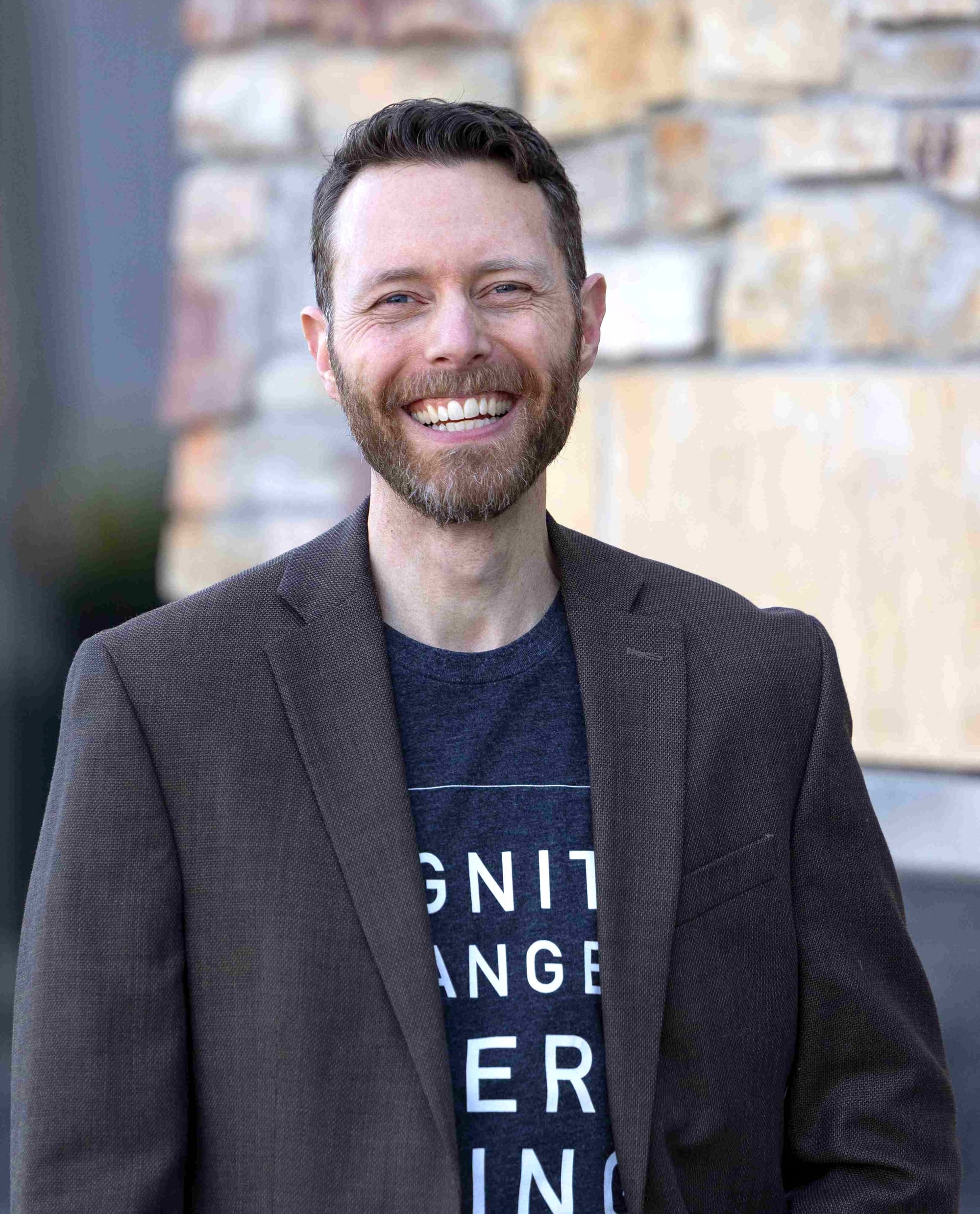
Today, every jar of coconut oil sold by Dignity Made is more than a product.
It’s fair trade for farmers, safe jobs for at-risk families, clean water and education for communities, and a sustainable, organic alternative for consumers.
As Erik puts it:
“It’s not enough to give someone a fish, or even to teach them how to fish. The real problem is they don’t have access to the lake.”
Dignity Made is rewriting that story — giving farmers access to the lake and customers the chance to create impact with every purchase.
What was the lightbulb moment that sparked Dignity Made's origin story?
Erik: The turning point came during a survey trip to a rural coconut-farming community in the Philippines. I sat down with the Timog family and asked Romer, the father, about his biggest hopes in life. I expected to hear something about better housing or his kids finishing school. Instead, he said:
“My biggest hope in life is that my debt is not passed on to my kids.”
In the Philippines, coconut farmers are often trapped in predatory lending systems. Debt is passed down from one generation to the next, leaving families vulnerable to land loss, separation, and even trafficking.
It became painfully clear that charity projects alone weren’t enough — economic problems required economic solutions.
That realization led to the birth of Dignity Made: a coconut manufacturing business built in the heart of the farming region to pay farmers fairly, eliminate generational debt, and create dignified jobs.
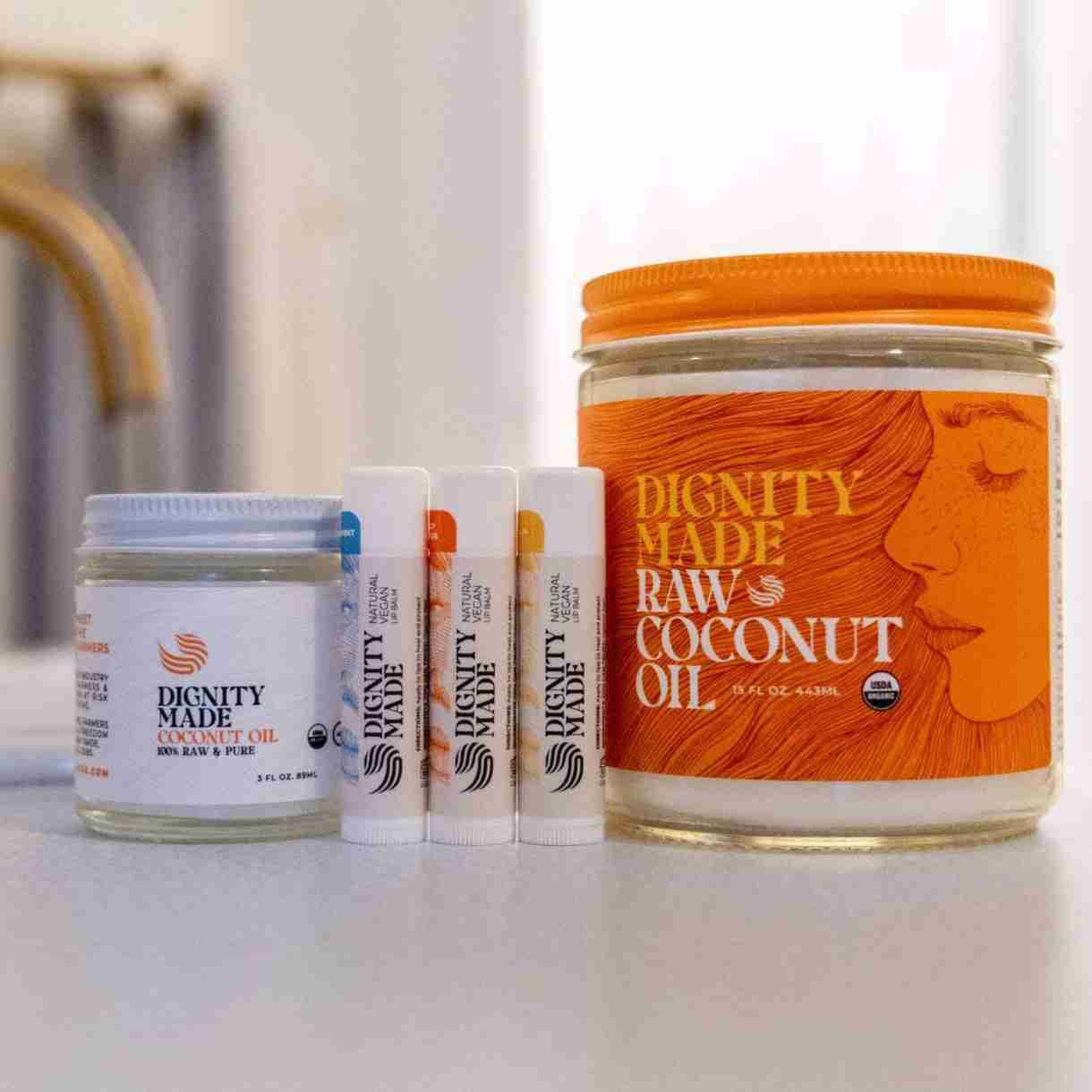
What is your overall mission and vision for the brand?
- Mission: To create dignified economic opportunities that break cycles of poverty and exploitation — especially human trafficking — by producing world-class coconut products through ethical, sustainable business practices.
- Vision: A world where vulnerable communities can thrive in dignity — with economic stability, freedom from exploitation, and the power to build a better future for the next generation.
How does your organization create impact?
- Economic Freedom: Employing over 100 local staff and paying fair trade prices to 150+ farming families, many of whom are now free from predatory debt.
- Poverty Reduction: Stable income helps families keep kids in school, access nutritious food, and avoid dangerous labor migration.
- Community Development: Beyond jobs, programs provide healthcare, clean water, mobile banking, savings and financial literacy training, hygiene education, crop improvement, and intercropping opportunities.
- Restoring Dignity: Employment instills self-worth, purpose, and hope, shifting mindsets from survival to long-term planning.
- Environmental Responsibility: Producing organic, minimally processed coconut products without harmful chemicals, using glass packaging instead of plastic, and reducing transport emissions by processing coconuts near farms.
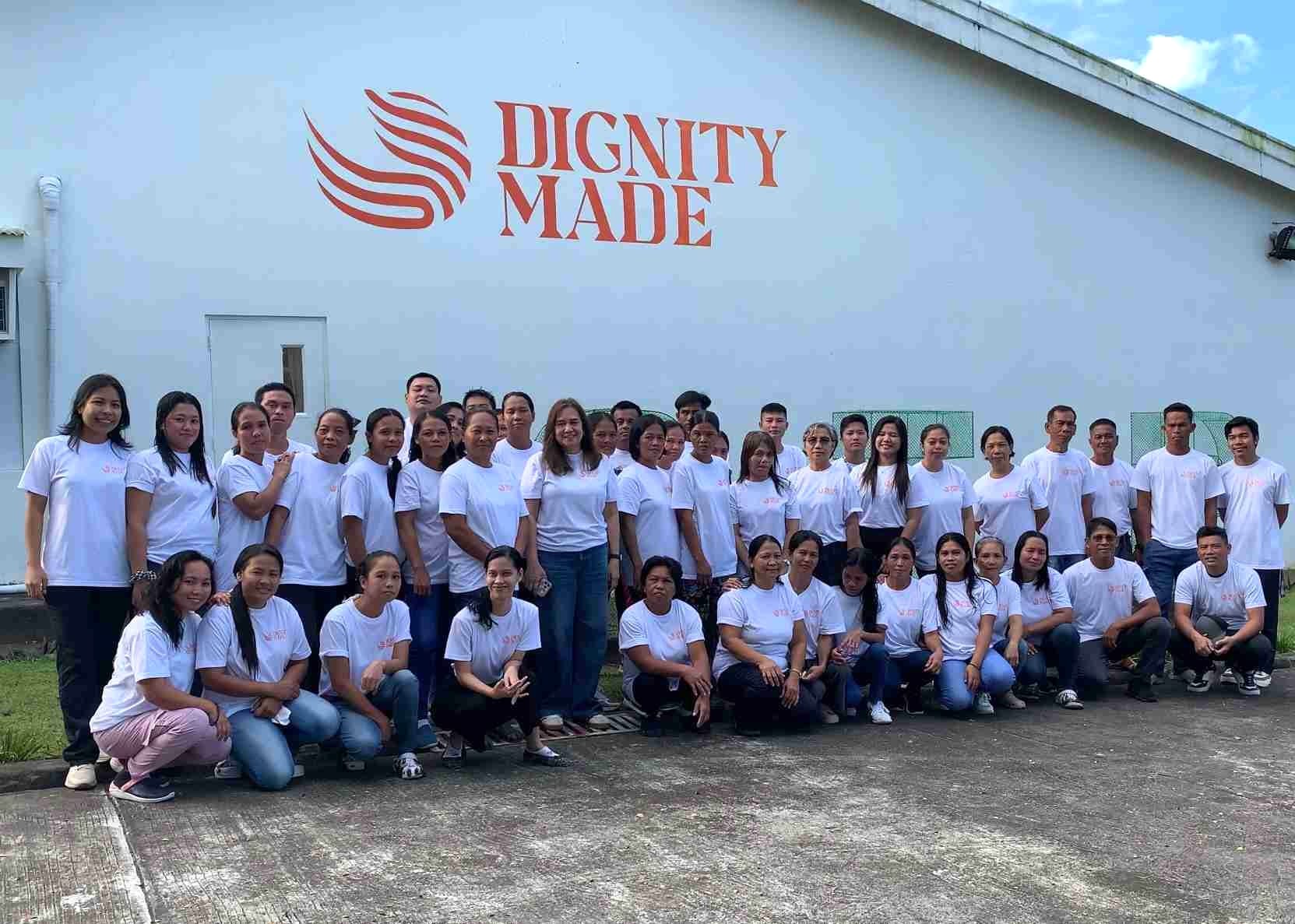
How have you funded the company so far?
In the early years, funding came primarily from private capital, much of it invested in building the manufacturing facility and purchasing specialized equipment to produce a uniquely better coconut oil.
Looking back, we might have sought more grants or charitable funding during R&D to reduce risk and capital burn.
Today, the company is self-sustaining through sales on Amazon, in retail stores, and direct-to-consumer channels.
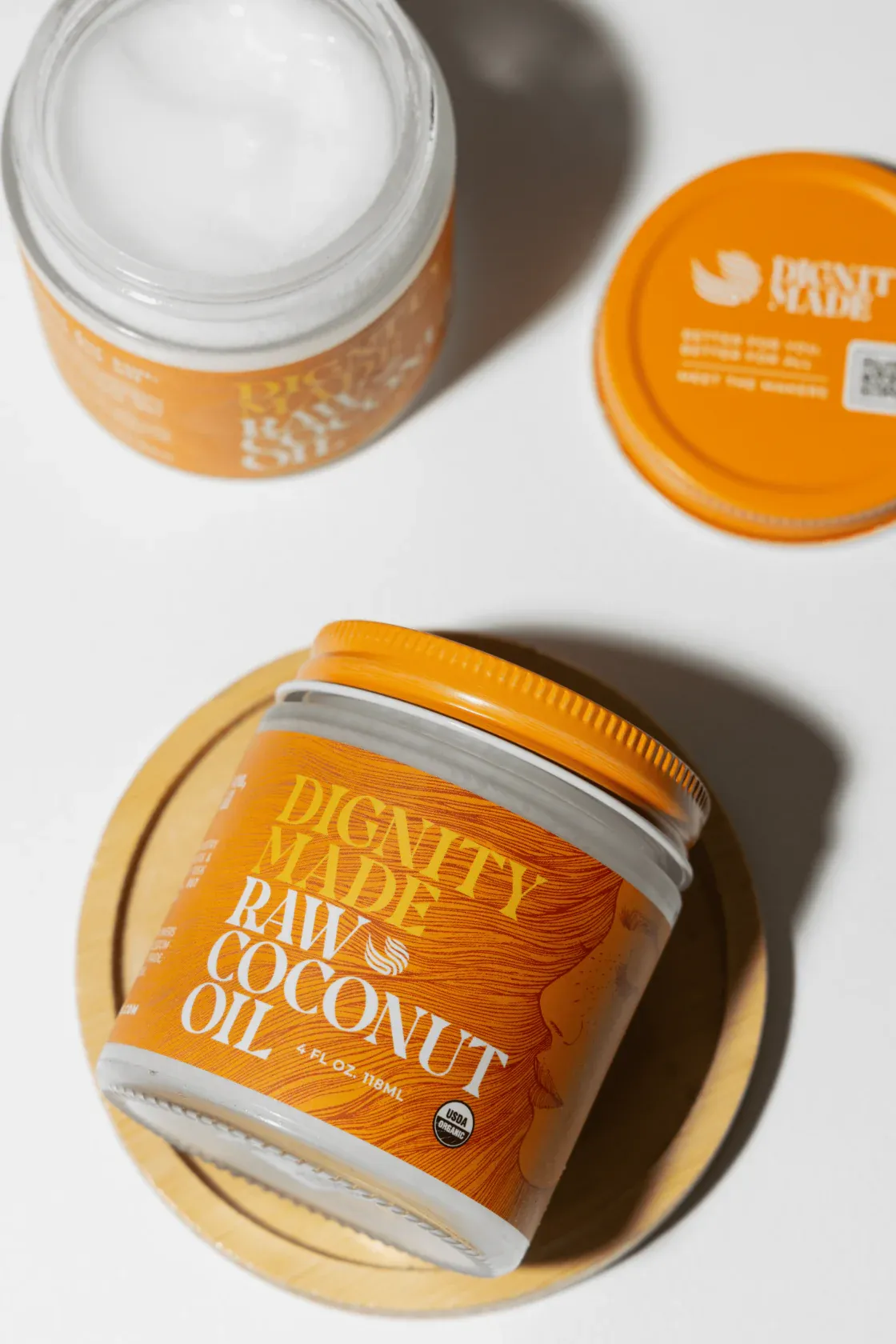
What tools do you use to run Dignity Made?
- E-commerce & Marketing: Shopify (website), Amazon Seller Central, Klaviyo (email marketing), Canva, and Google Analytics.
- Project Management & Communication: Google Workspace and Zoom for collaboration between U.S. and Philippines teams.
- Finance & Operations: QuickBooks and plenty of spreadsheets.
- Impact Tracking: Surveys and baseline data collection to measure farmer outcomes and community development.
In closing
Erik Olson and the team at Dignity Made are proving that business can be more than profit-driven — it can be a powerful tool for justice, dignity, and lasting impact.
By transforming coconut farming into a pathway out of debt and exploitation, they are setting a precedent for how ethical business can rewrite the future for vulnerable communities.
To learn more or support their mission, visit Dignity Made.
Causeartist BackOffice
Your Mission-Aligned Operations Team
From investor-ready financials to growth strategy, HR, compliance, and custom software—Causeartist BackOffice is your all-in-one operational partner. Built for impact startups, funds, and nonprofits, and powered by our experts.
Let us handle the back office—so you can stay focused on impacting the world.




